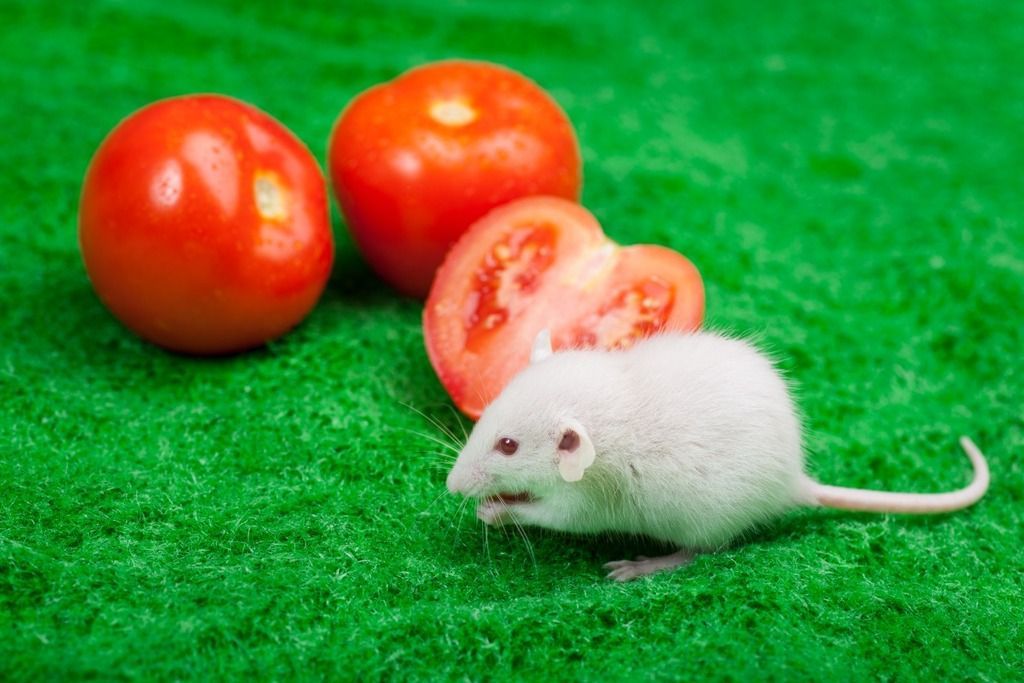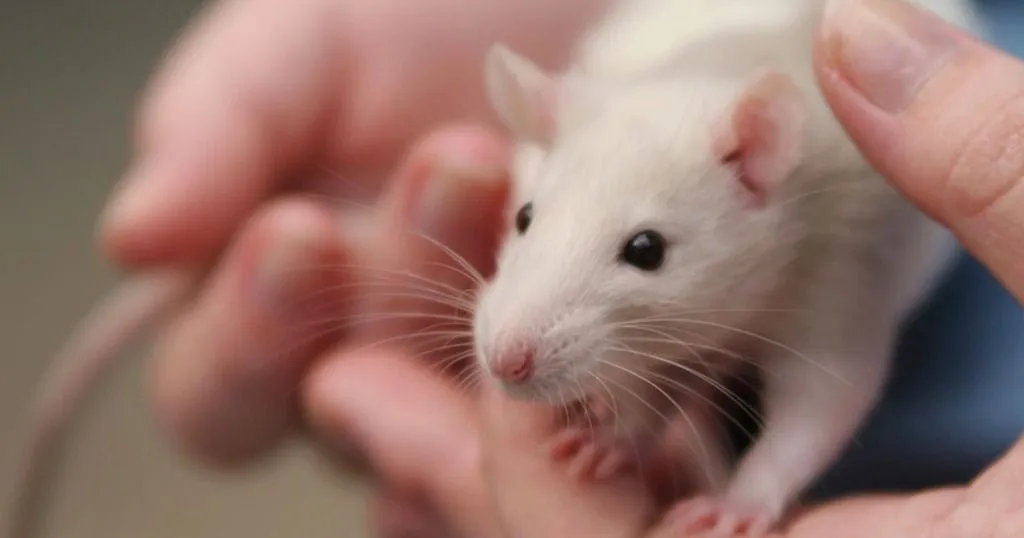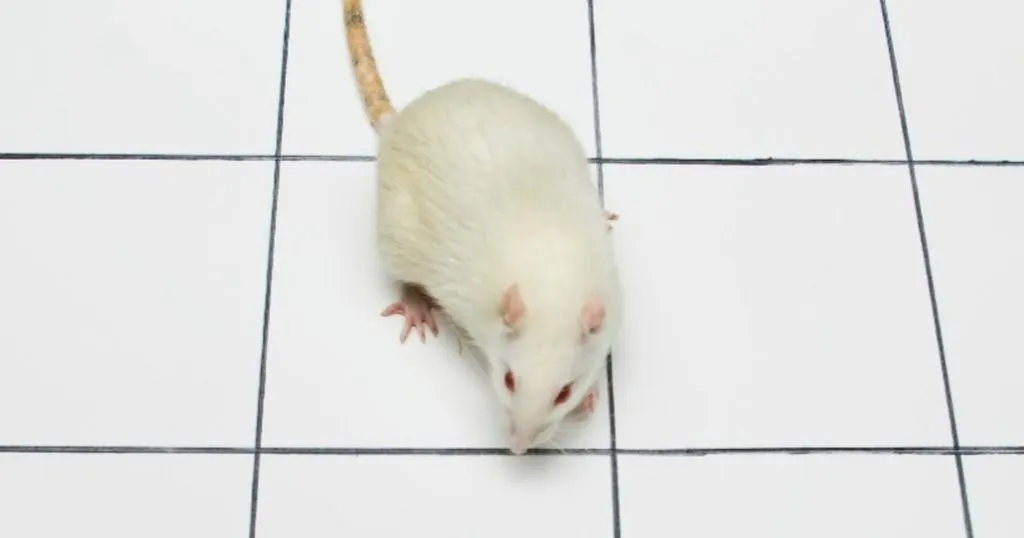Part 2: How researchers use the Morris water maze to find treatments for AD
In this second part of a two-part mini series, we highlight two more studies on potential Alzheimer’s disease treatments that are investigated using a Morris water maze.
Posted by
Published on
Thu 07 Jul. 2022
Topics
| Alzheimer's Disease | EthoVision XT | Mice | Morris Water Maze | Video Tracking |

In this second part on Alzheimer’s disease (AD), two more papers are explored. A brief recap: in each of the four papers, both in this blog and the previous one, researchers test the effectiveness of potential AD treatments using the Morris water maze. If you have not yet read the previous part of this blog, you can read it here.
The studies in this current blog were conducted by scientists from Rostock in Germany, who tested caloric restriction as a treatment, and from Qiqihar in China, who chose a treatment using probiotics. The potential influence of food on Alzheimer’s is very interesting in my opinion, which is why I chose these papers.
The Morris water maze test
In each paper, the water maze test was used in order to test mice’s spatial memory (in other words, how good they are at not getting lost!). The exact testing- and training method can be found in the previous blog post.
Just like in the other papers, each study used Noldus EthoVision XT. Water maze tests are especially useful in research to cognitive behavior. The videos of their trials were analyzed using the Morris water maze settings in order to collect data more accurately.
Long-term caloric restriction
According to Müller et al. (2021), going on a diet has more benefits than just getting fit. It may even decrease the effects of Alzheimer’s through inducing glial autophagy, which probably has a neuroprotective effect and might positively influence AD.
The term “glial autophagy” might sound complicated, the process is relatively easy to explain. Cell parts and misfolded proteins are recycled and degraded, like clearing your desk in order to make room for new processes and projects.
The mice in this study were divided into four treatment groups split over control mice and AD model mice, making eight groups in total. The mice were fed either ad libitum, or a caloric-restricted diet (60% of ad libitum), for 68 weeks.
Low-calorie diet increases platform crossings
All mice subsequently underwent the water maze test, and each test was recorded. Through analyzing these videos with Noldus EthoVision XT, the scientists measured variables like escape latency and the number of platform crossings.
The low-calorie diet mice almost doubled their number of platform crossings compared to their fellow mice, both in the AD and the control group. On top of that, the ad libitum control mice crossed the platform location about twice as often compared to the ad libitum AD mice.
Eating all you want when you have AD therefore does not seem wise for these mice, if they do not want to lose their way.
Limiting caloric intake seems to have a significant positive influence on memory, have an anti-aging effect and results in an improved cognitive performance.

Probiotics
Tan et al. (2022) studied the application of probiotics, since recent studies found a strong link between gut microbiota and the brain. (Maybe you could eat yourself clever?) On top of that, other studies show that the intestinal flora of someone with AD is quite different from someone without AD.
Proof on the effect of probiotics on AD, however, is still missing. Therefore, Tan et al. fed a probiotic diet, also containing vitamins and fatty acids, to 12 weeks old mice, 5 times a week for 20 weeks. The diet was tested on an Alzheimer’s mouse model and on wild type mice, each with a control group.
Probiotics reverse symptoms of AD
In the water maze test, the effect of these diets were thoroughly studied using Noldus EthoVision XT, and the resulting data were analyzed. Both the escape latency and the swimming time of the probiotic diet AD mice was significantly shorter than that of AD mice without treatment.
Contrary to that, the diet did not influence the cognitive abilities of wild type mice. These results show that the AD mice’s spatial memory had improved, and their learning capabilities as well, and that it is indeed the probiotics that seem to cause this. The damage of AD seems to have been reversed somewhat. Over-the-counter probiotics most likely will not cut it, but this treatment does show promise.
Conclusions
Both the caloric restriction diet and the probiotics diet are able to significantly improve AD symptoms in mice, in vastly different ways.
The former “cleans up” the brain a little through the process of glial autophagy, and the latter influences the brain through the gut. These results show some promise for people suffering from Alzheimer’s disease. Although deceptively simple, but they clearly worked for these mice.
These treatments that pass the water maze tests are potentially able to contribute to the health and wellbeing of people with AD.
References
Müller, L., Power Guerra, N., Stenzel, J., Rühlmann, C., Lindner, T., Krause, B.J., Vollmar, B., Teipel, S. & Kuhla, A. (2021). Long-term caloric restriction attenuates β-amyloid neuropathology and is accompanied by autophagy in APPswe/PS1delta9 mice. Nutrients, 13(3), 985.
Tan, C., Liu, Y., Zhang, H., Di, C., Xu, D., Liang, C., Zhang, N., Han, B. & Lang, W. (2022). Neuroprotective Effects of Probiotic-Supplemented Diet on Cognitive Behavior of 3xTg-AD Mice. Journal of Healthcare Engineering, 2022.
Related Posts

How memory loss caused by diabetes was prevented in transgenic mice

How researchers use the Morris water maze to find treatments for Alzheimer's

